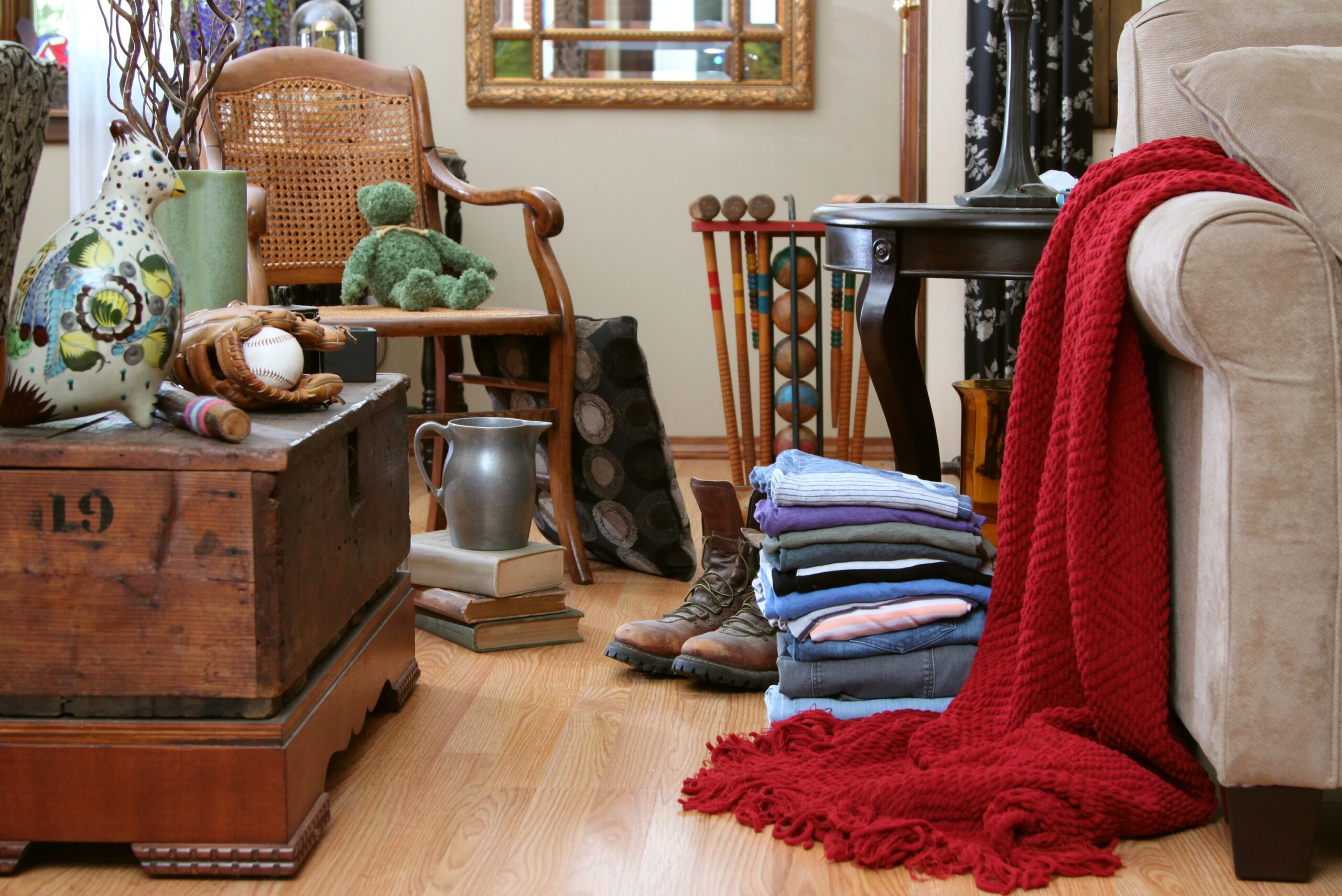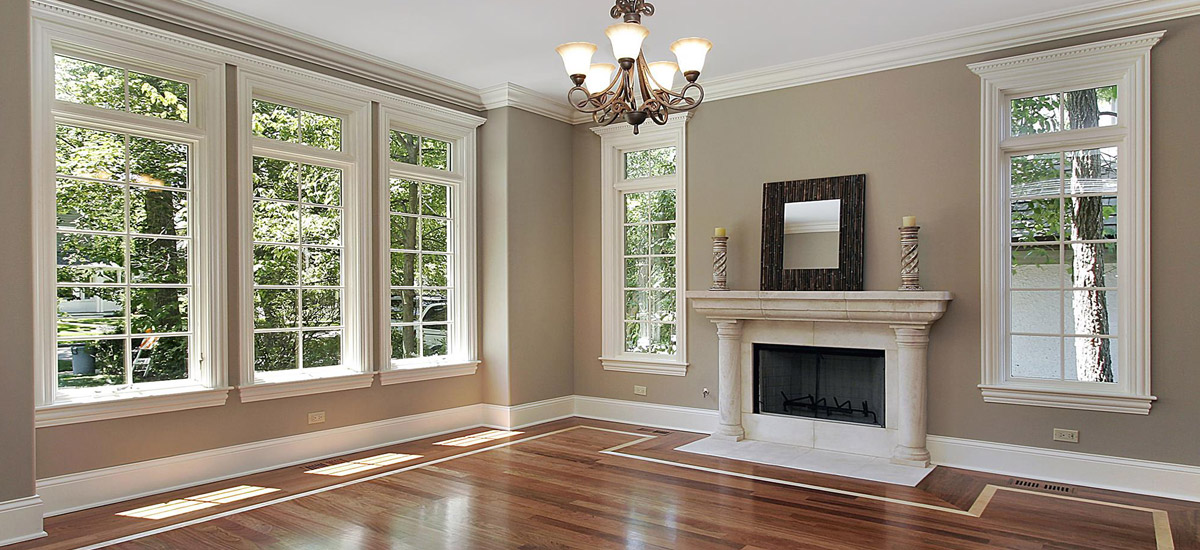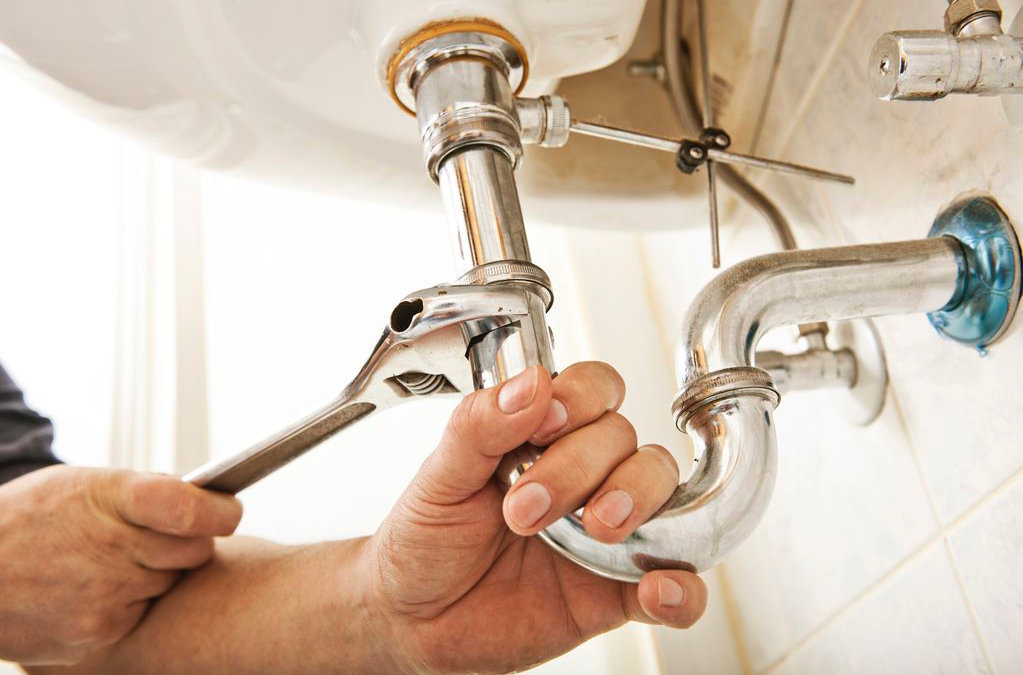
When old furniture is disposed of in landfills, it can release harmful chemicals into the environment. These chemicals can contaminate soil and water, and potentially cause health problems for people and animals. Additionally, decomposing furniture can produce methane, a potent greenhouse gas that contributes to climate change.
Therefore, it’s important to dispose of old furniture responsibly. Many communities have programs in place for recycling or donating unwanted furniture. By taking advantage of these programs, you can help protect the environment and keep old furniture out of landfills.
Yes, furniture can be recycled. However, it is important to note that not all furniture can be recycled. For example, particle board and pressboard cannot be recycled. But, wood furniture can be recycled. The recycling process begins by removing any nails or screws from the piece of furniture. The wood is then chopped into small pieces and sent to a mill where it is ground into pulp. The pulp is then used to create new products, such as paper or particle board. Furniture made from metal or plastic can also be recycled. Metal furniture is usually melted down and reformed into new products, while plastic furniture is ground up and used to create new plastics.
Recycling furniture is a great way to reduce waste and help the environment. Yes, rubbish removal services can recycle furniture. They will often take the furniture to a local recycling centre where it can be properly disposed of. This is a great way to get rid of old furniture that you no longer need or want. It is also a good way to help the environment by recycling instead of throwing the furniture away in a landfill.
Furniture removal Sydney services play an important role in keeping waste out of landfills. By providing a convenient and affordable way to dispose of waste, they help to reduce the amount of waste that is sent to landfill each year.
Landfills are the final destination for many types of waste, including household rubbish, construction and demolition debris, and industrial and commercial waste. While landfills can be a safe and effective way to dispose of waste, they can also have a negative impact on the environment. Landfills can release greenhouse gases into the atmosphere, contaminate groundwater, and create visual pollution.
Rubbish removal services help to reduce the environmental impacts of landfill disposal by providing an alternative way to dispose of waste. By collecting and transporting waste to recycling facilities, rubbish removal services can help to reduce the amount of waste that is sent to landfill each year. In addition, by providing education and awareness about waste reduction and recycling, rubbish removal services can help to reduce the amount of waste produced in the first place.








